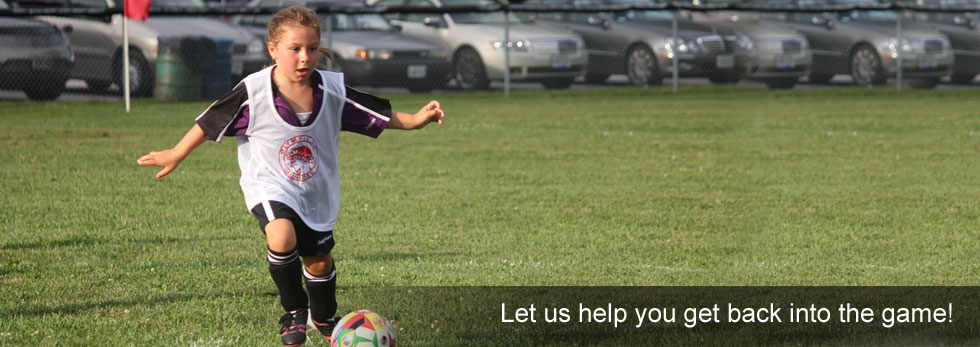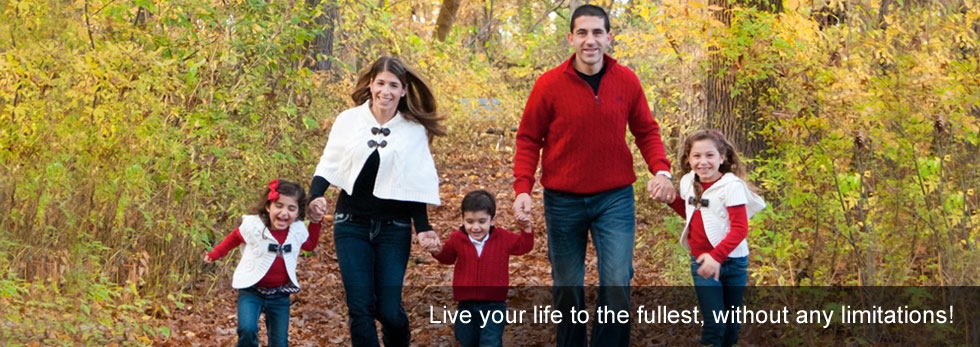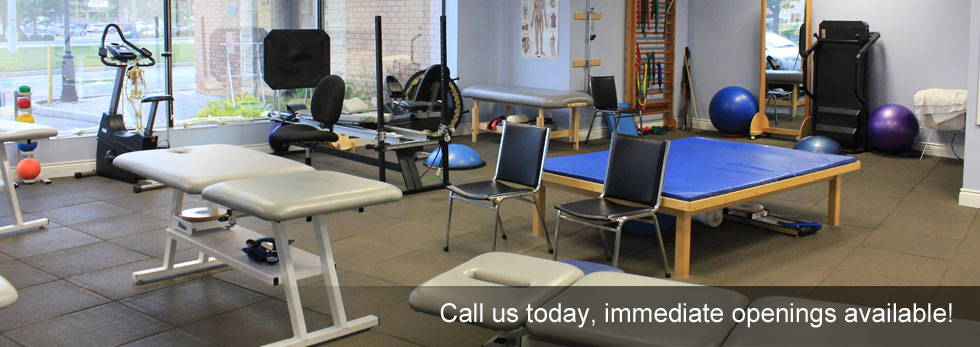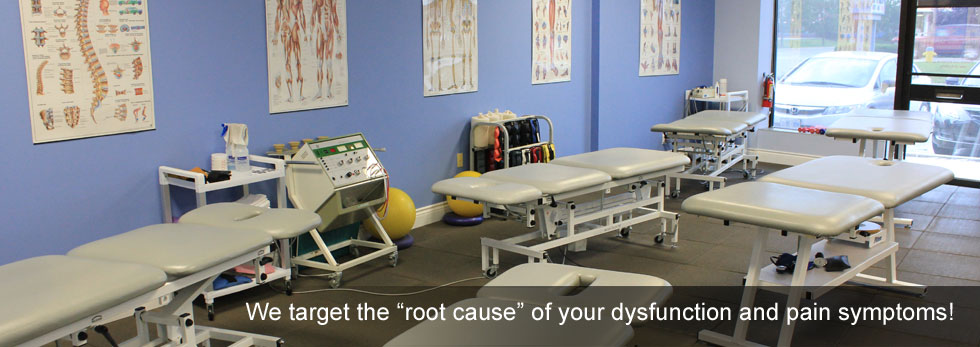The posterior cruciate ligament (PCL) is one of two ligaments that criss-cross inside the knee joint to hold the two leg bones (femur and tibia) together. The second (more commonly injured) ligament is the anterior cruciate ligament (ACL). These two ligaments provide stability to the knee joint while still allowing motion.
There is interest in knowing if non-surgical treatment has a higher rate of osteoarthritis later in life. A second question is whether surgery to reconstruct the PCL yields better results (possibly even preventing osteoarthritis). Currently, surgeons are doing more surgeries to restore normal PCL stability but there is insufficient evidence to support this treatment approach. This is especially true when the PCL is the only structure involved (i.e., no other soft tissue injuries are present).
Results of nonoperative treatment of PCL injuries is the subject of a long-term study from the Shelbourne Knee Center in Indiana. This is one of only a handful of studies following patients with acute, isolated PCL ruptures. And it is unique in that the patients were followed a minimum of 10 years after the injury (up to 21 years for some patients).
Everyone in the study had been in a previous study by the same authors. This report is from ongoing follow-up with these same patients who were treated for their isolated PCL injury with a home rehabilitation (exercise) program.
X-rays were used to look for signs of osteoarthritis (e.g., swelling, joint space narrowing, bone spurs). Leg strength, grade (severity) of PCL laxity (looseness), knee range-of-motion, and function were also assessed at each point of follow-up. All measurements were compared with the patient's other (uninjured) knee.
As it turned out, there wasn't a higher rate of osteoarthritis (OA) following nonoperative treatment of isolated PCL tears. Patients who had any OA had the same amount from side to side. This suggests that regardless of the PCL injury, they would have developed some (mild to moderate) OA over time. In fact, some of the patients who did have surgery to reconstruct the PCL had worse OA compared with patients who had the conservative care.
The authors concluded that "if PCL reconstruction is being performed to prevent OA, this goal has not been met." The amount of knee arthritis that develops years after an isolated PCL injury is actually very low. They recommend caution in doing surgery to reconstruct PCL injuries -- even when patients are having acute flare-ups of painful symptoms.
Other studies show that whereas PCL surgery can improve knee joint stability, the PCL is not returned to "normal." Complications of surgery for PCL injuries include knee stiffness, loss of knee motion, infection, and problems with hardware. As the patients in this study demonstrated, full knee motion, good muscle strength, and good function can be achieved with a nonoperative approach to this problem. It is also very possible to remain active (even in sports requiring jumping and pivoting) years after the initial injury without surgery.
Reference: K. Donald Shelbourne, MD, et al. Minimum 10-Year Follow-Up of Patients After an Acute, Isolated Posterior Cruciate Ligament Injury Treated Nonoperatively. In The American Journal of Sports Medicine. July 2013. Vol. 41. No. 7. Pp. 1526-1533.

















